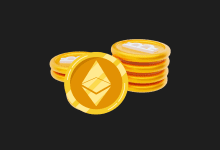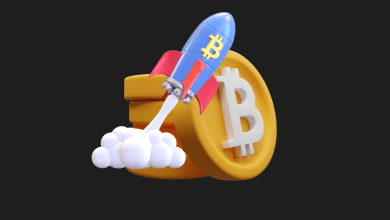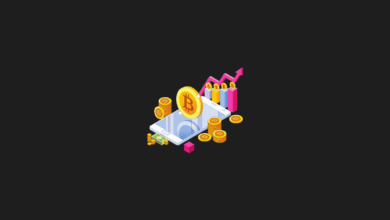Coinbase Trade Volume and Pairs: A Comprehensive Guide

Coinbase is a top-rated cryptocurrency exchange known for its user-friendly interface, robust security measures, and extensive cryptocurrency options.
Founded in 2012 and based in San Francisco, Coinbase makes crypto trading accessible to beginners and seasoned traders alike, offering platforms like Coinbase for newcomers and Coinbase Pro for advanced trading.
If you want to check out other exchanges for trading, please see our Cryptocurrency Exchanges page
Key Features of Coinbase
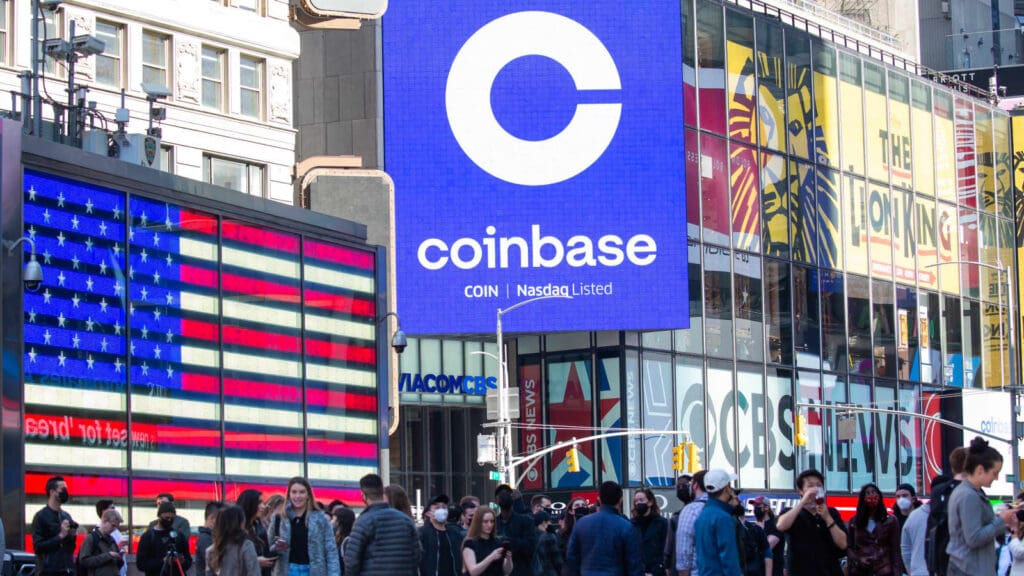
- User Interface (UI) and User Experience (UX): Coinbase has a clean, intuitive user interface that’s ideal for beginners, with a mobile app and desktop platform that makes navigating crypto transactions easy.
- Coinbase Wallet: Users can store digital assets in Coinbase Wallet, a secure wallet that provides control over private keys stored directly on the user’s device.
- Coinbase Pro: Advanced traders benefit from Coinbase Pro, which offers in-depth charting tools, technical analysis, and API integration for automated trading.
Trade Volume and Trade Pairs on Coinbase

Coinbase reports a significant trade volume, often exceeding billions of dollars daily, particularly for popular assets like Bitcoin (BTC) and Ethereum (ETH). With support for over 100 cryptocurrencies, users can access numerous trading pairs, including BTC/USD, ETH/USD, LTC/USD, as well as pairs involving fiat currencies like the USD, EUR, and GBP.
- Popular Trade Pairs: Coinbase supports pairs such as BTC/USDT, ETH/BTC, ADA/USD, allowing flexibility for users to trade across various crypto assets and fiat currencies.
- Trading Volume Insight: High trading volumes indicate liquidity, making Coinbase a reliable platform for large and small trades without significant price slippage.
Security Measures

Coinbase employs high-standard security protocols to protect user funds:
- Two-Factor Authentication (2FA): Provides an additional security layer with a secondary code required for login.
- Cold Storage: Most funds are stored offline in cold storage to prevent hacking risks.
- Insurance Policy: Digital assets in the hot wallet are insured to protect against cyber-attacks, enhancing user trust.
Fee Structure and Limits
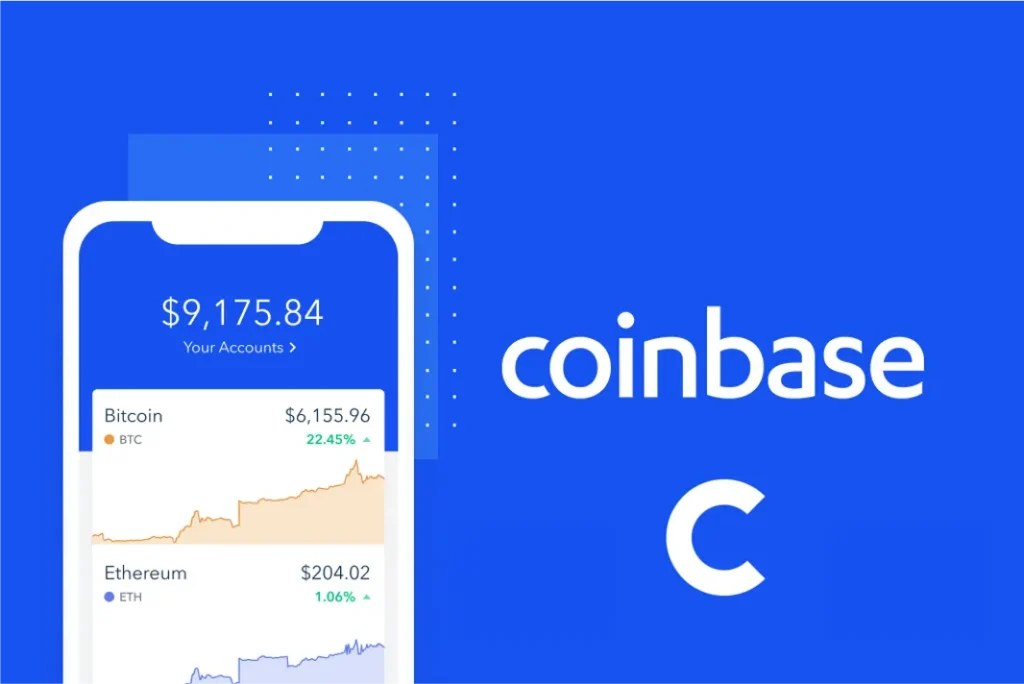
Coinbase has a transparent fee structure:
- Coinbase: Charges percentage-based fees on each transaction, with reduced fees for larger trades.
- Coinbase Pro: Uses a maker-taker fee model based on 30-day trading volume, encouraging high-volume trades with lower fees.
Staking and Rewards
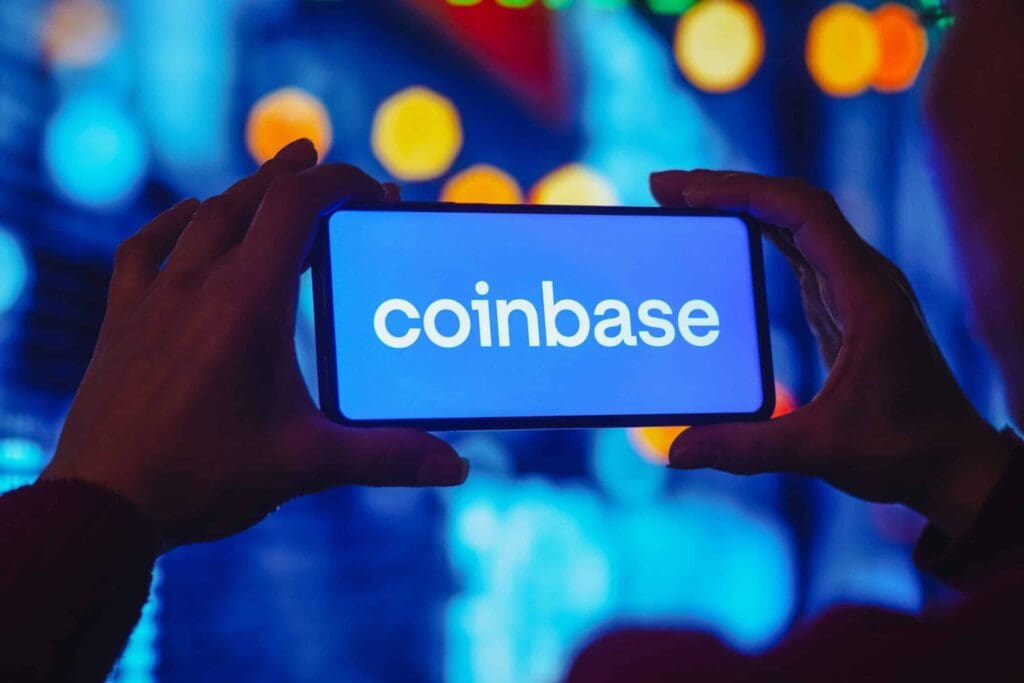
Coinbase offers staking for eligible cryptocurrencies, like Ethereum 2.0 and Tezos (XTZ), allowing users to earn rewards by holding specific assets on the platform.
Compliance and Regulatory Position
Registered with FinCEN and compliant with AML and KYC regulations, Coinbase is a Money Services Business (MSB). This regulatory alignment positions Coinbase as a reliable and legally compliant platform for U.S. and global users.
How to Buy Cryptocurrency on Coinbase
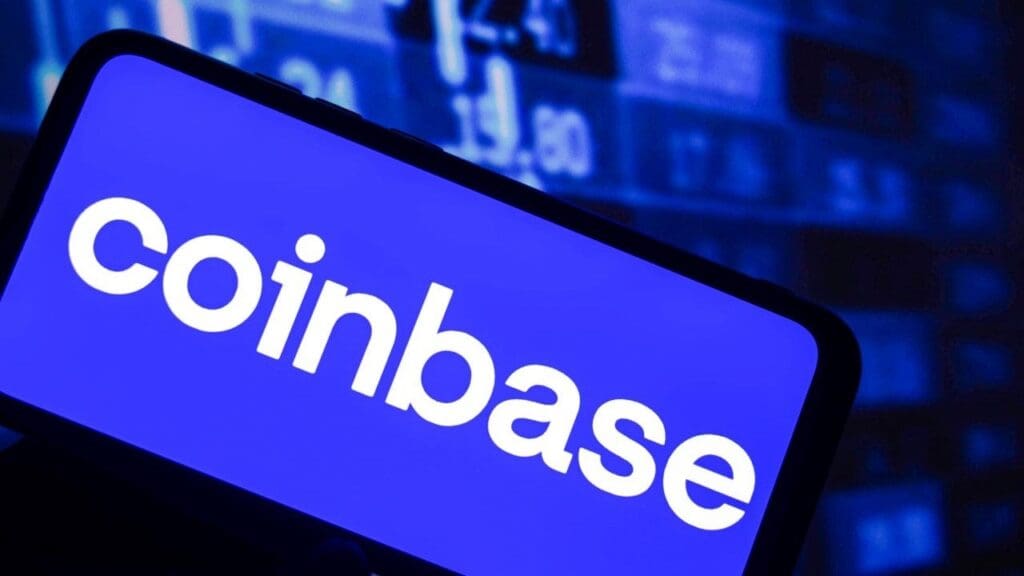
Buying cryptocurrency on Coinbase is straightforward. Here’s a step-by-step guide:
- Sign Up and Verify Your Account: Create a Coinbase account by providing your email address, creating a secure password, and verifying your identity through KYC processes.
- Add a Payment Method: Coinbase supports various payment options, including bank transfers, debit cards, and PayPal for select countries. Link your preferred method under Settings > Payment Methods.
- Select a Cryptocurrency: Browse the cryptocurrency list on Coinbase or use the Search function to find your desired crypto asset, such as Bitcoin or Ethereum.
- Enter Purchase Amount: Choose Buy and enter the amount in USD (or your local currency) you wish to invest. Coinbase shows the equivalent crypto amount based on the latest market price.
- Review Transaction Details: Confirm the transaction, including the purchase amount, Coinbase fee, and payment method. Always review these details to ensure accuracy.
- Complete Purchase: Click Buy Now to finalize your purchase. The purchased crypto is then stored in your Coinbase Wallet or can be transferred to an external wallet.
Additional Tips for Beginners
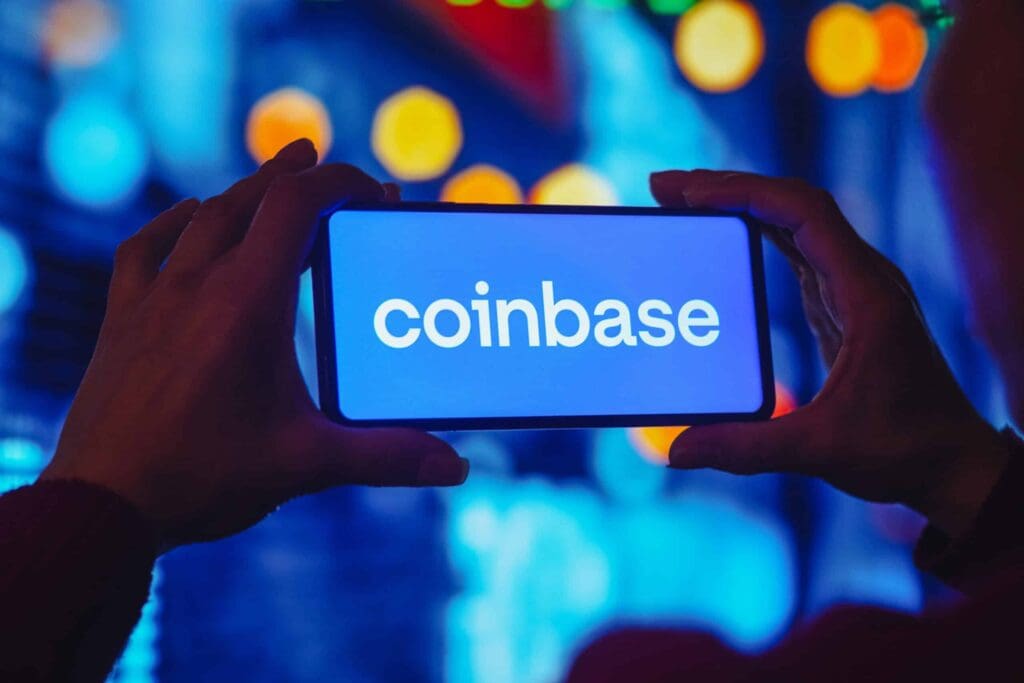
- Use Limit Orders on Coinbase Pro: For those aiming to buy at a specific price, consider Coinbase Pro, where you can set limit orders to buy crypto only when the asset hits a designated price.
- Stay Informed on Fees: Coinbase fees can add up with frequent small transactions. For larger, more infrequent purchases, the fees are proportionally lower.
Major Coins on Coinbase
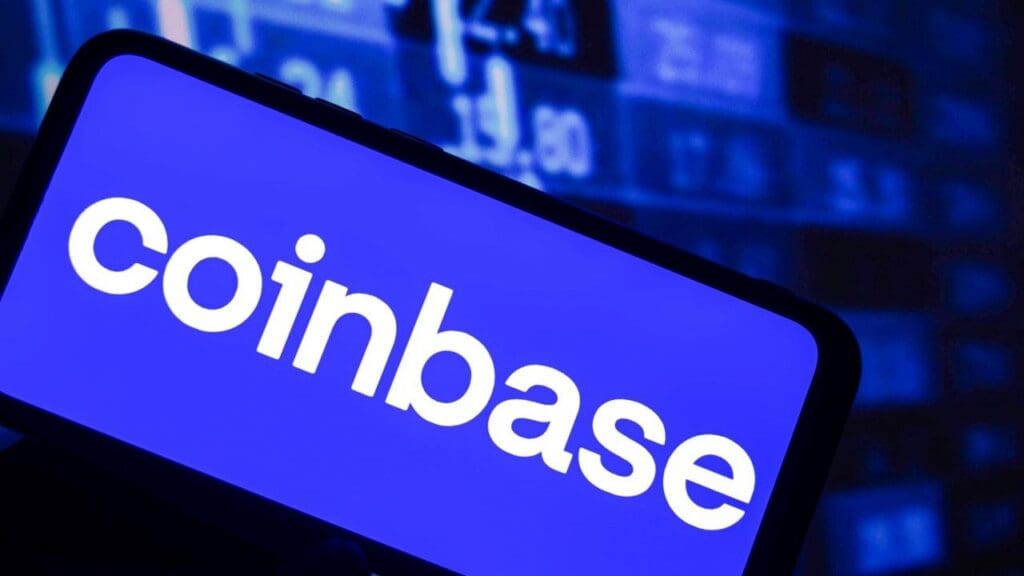
- Bitcoin (BTC) – The first and most widely recognized cryptocurrency.
- Ethereum (ETH) – A versatile blockchain that supports smart contracts and DeFi projects.
- Cardano (ADA) – Known for its research-driven approach to blockchain development.
- Solana (SOL) – A high-performance blockchain for decentralized apps and NFTs.
- Polkadot (DOT) – Enables interoperability between different blockchains.
- Chainlink (LINK) – A decentralized oracle network connecting smart contracts to real-world data.
- Uniswap (UNI) – A leading decentralized exchange built on Ethereum.
- Litecoin (LTC) – Often called “digital silver,” known for faster transactions than Bitcoin.
- Polygon (MATIC) – Aims to improve Ethereum’s scalability and speed.
- Aave (AAVE) – A DeFi platform for crypto lending and borrowing.
Stablecoins and Others
- USD Coin (USDC) – A stablecoin pegged to the U.S. dollar.
- Tether (USDT) – Another popular stablecoin used widely for transactions.
- Dai (DAI) – A decentralized stablecoin pegged to the dollar.
Additional Noteworthy Tokens
- Algorand (ALGO) – Known for its speed and low transaction fees.
- Cosmos (ATOM) – Designed to improve interoperability among blockchains.
- Stellar (XLM) – Focuses on fast and low-cost cross-border transactions.
- Tezos (XTZ) – Allows for smart contracts and staking rewards.
- Avalanche (AVAX) – A high-speed platform for dApps and custom blockchain networks.
- Shiba Inu (SHIB) – A meme-inspired token with a large following.
- Dogecoin (DOGE) – Originally a meme, now widely used in the crypto community.
DeFi and Metaverse Tokens
- SushiSwap (SUSHI) – Another decentralized exchange on the Ethereum blockchain.
- Axie Infinity (AXS) – The token for a popular NFT gaming platform.
- The Sandbox (SAND) – A metaverse and gaming token used within The Sandbox platform.
- Enjin Coin (ENJ) – Powers the Enjin NFT ecosystem for gaming.
- Decentraland (MANA) – The currency for Decentraland’s virtual reality platform.
These are some of the many coins available on Coinbase, though listings can change over time as new assets are added and others are removed. For the most current and complete list, visiting Coinbase’s official site is recommended.
| Platform | URL |
|---|---|
| Facebook Page | |
| Twitter Page | |
| Reddit Page | |
| Telegram | Telegram Channel |

